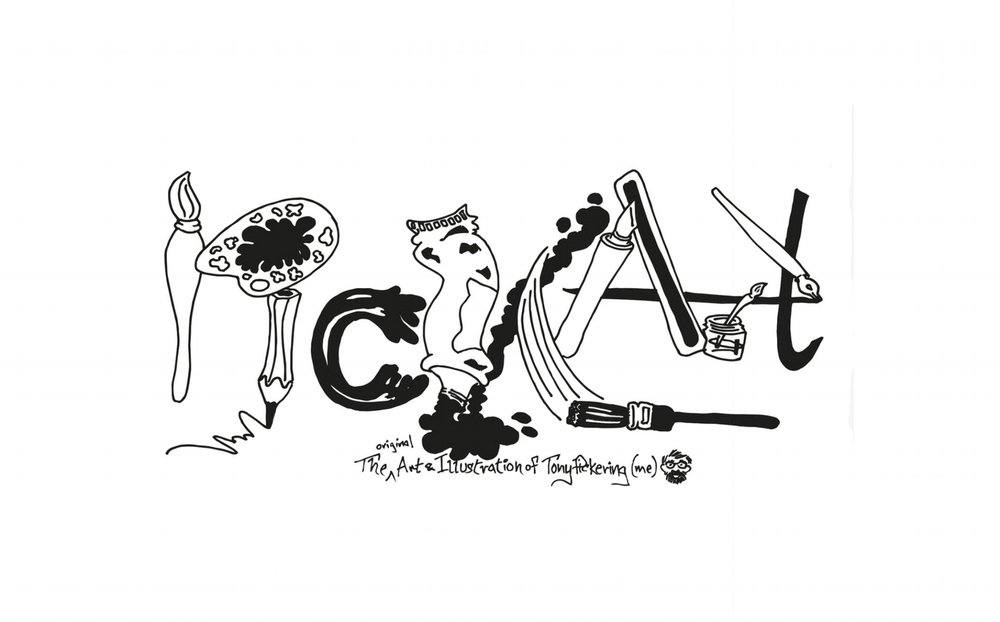Science [fiction], exposition, how things work, moving pictures, illustrated moments from science history - these are all the thoughts that follow my decision to try SciArt, as I sit and wonder where Illustration fits in this brave new world (my appologies to Huxley, and Shakespeare) Satisfied I will find someway to interact I make my way over to ‘The Shed’.
The Shed is a bit scruffy from the outside. It’s doing it’s best to live up to it’s name. Moving through from the reception you follow corridors that echo school-days - slated floors and dim walls mired in shade that branch out into high ceilings, white-walls and mezzanine layers. The whiteness screams test-tubes and bunsen burners as I walk in with my preconceptions held out to stop me from falling. I take a seat in what at first is very functional space. Taking out my sketch pad I find myself looking upwards, and already the set designer in me is working: I take note of the levels - balconies and alcoves, the potential of pillars, the flexible chairs and tables, and the access to water and technology. There are multiple entrances, strip lights and glass. Electric sockets dangle tantalisingly on sprung wires - reminiscent of robots on a production line (or maybe the harvesting machines from The Matrix?), and there is a sense of things to be created.
We are invited to consider the name - SciArt. It is a nomenclature that is contested - with a seemingly science bias, so the alternative seems to be ArtSci. The suggestion being that here we have a form or discipline that comes from the crashing together of approaches (and that Science in particular loses something from the process). The reality seems to be that the two way name is symbolic of a two way process - a methodololgy that springs from and seeks inspiration in the other. Art and Science both seeking to answer questions, with different methods and narratives, and both finding in the other ways to critique notions of what they are.
In a sense then my first impression of SciArt/ArtSci is one of creative disruption, finding the explosion in the atom if you like… (sorry).
"It's alive!!" (page from my sketch book)
So… Sci Art… Art Sci… or ‘Cartis' - which is the nearest I could get to an anagram that combines the two, and made me think of a warped, or drunk, form of ‘Catharsis' [‘Cart’is'] - the release of feeling through an audiences' investment in a performance. In a sense it may be that this points to the idea of SciArt as an arena where we can connect our understanding of the world and universe with our experience of being in it... warped because I imagine there will be an explosion at some point.
What is it though? How do you do it? And how do I know if it's any good?
I don’t think I can pretend to answer these questions yet - maybe not ever. I can say I’m involved in it now, and the search for a definition is ongoing.

